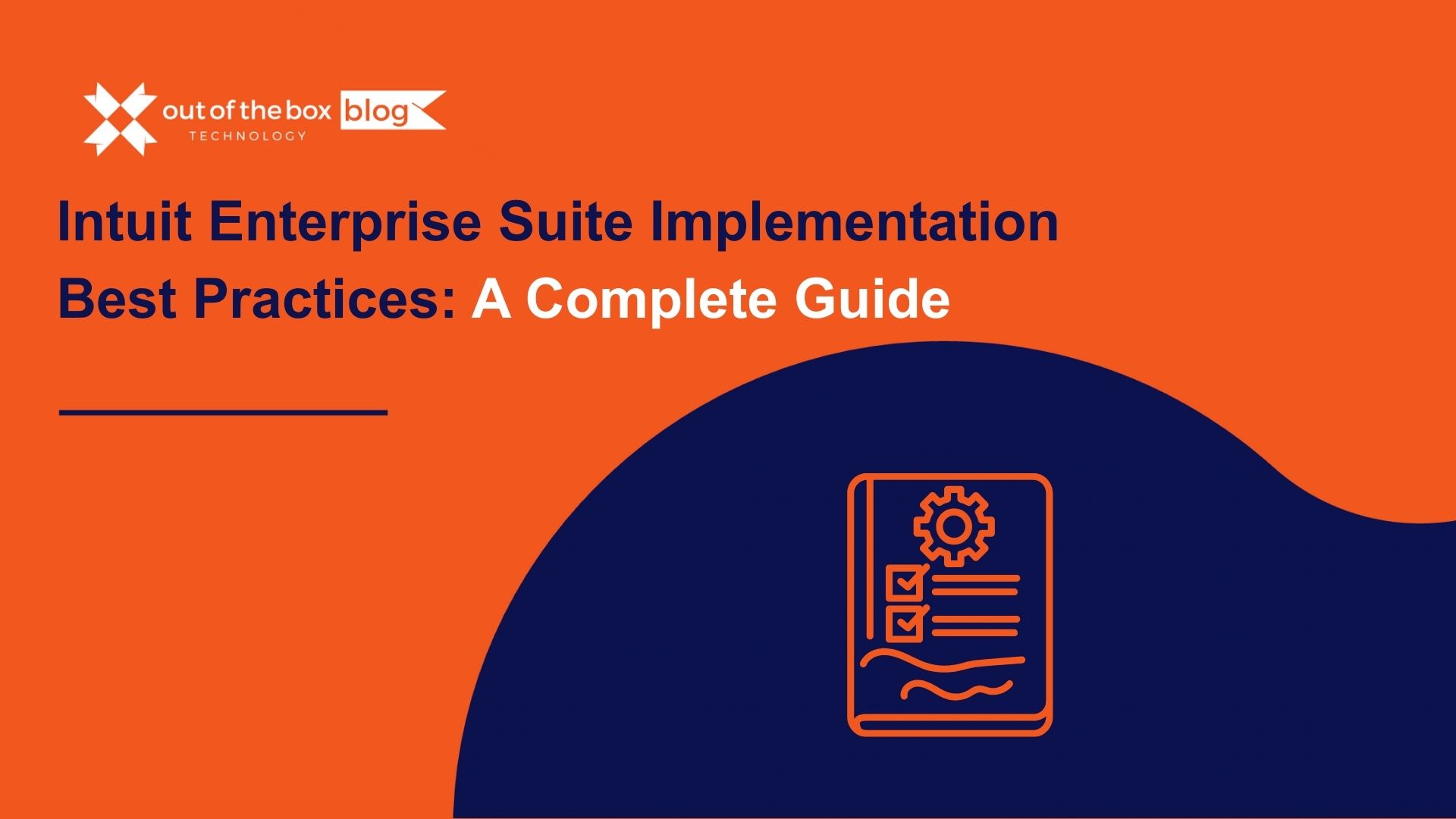Keeping your financial records in order is crucial to the health and success of your business. However, many business owners overlook the importance of regular clean-up and maintenance of their books, often leading to financial discrepancies, cash flow issues, and compliance problems. In this post, we’ll dive deep into why consistent bookkeeping maintenance is essential, provide examples of the risks of neglect, and offer actionable steps you can take to keep your financial records clean and accurate.
Why Regular Bookkeeping Clean-Up Matters
Bookkeeping isn’t just a task you perform at tax time. Regular clean-up and maintenance of your books is vital for several reasons:
- Accurate Financial Reporting: Clean and up-to-date books allow you to generate accurate financial statements, which are crucial for understanding the financial health of your business. Without regular maintenance, your financial reports could be misleading, leading to poor business decisions.
- Cash Flow Management: By regularly updating your books, you’ll have a clear picture of your cash flow, helping you avoid overdrafts and ensuring you have enough funds to cover upcoming expenses.
- Tax Compliance: The IRS requires businesses to keep accurate records of all financial transactions. Regular maintenance helps ensure you’re in compliance with tax laws, reducing the risk of audits and penalties.
- Fraud Prevention: Regularly reviewing and reconciling your books can help detect fraudulent activity early, protecting your business from financial loss.
Data Point: The Cost of Poor Bookkeeping
According to a study by Intuit, nearly 25% of small businesses have lost track of their financial records, leading to cash flow issues. Additionally, the National Small Business Association found that 60% of small businesses who faced an IRS audit had incomplete or inaccurate financial records, resulting in fines and additional taxes.
The Risks of Neglecting Bookkeeping Maintenance
Neglecting your books can have serious consequences. Here are some of the risks associated with poor bookkeeping practices:
1. Missed Tax Deductions
If your books aren’t regularly maintained, you could miss out on valuable tax deductions. For example, without accurate records of business expenses, you may not be able to claim deductions for office supplies, travel, or other deductible costs.
Example: A small retail business neglected to update its books for several months. When tax season arrived, the owner struggled to find receipts and documentation for various expenses. As a result, they missed out on thousands of dollars in potential deductions.
2. Cash Flow Problems
One of the biggest risks of poor bookkeeping is cash flow mismanagement. Without regular updates, you may not realize that your business is spending more than it’s earning, leading to overdrafts, missed payments, and financial stress.
Example: A consulting firm failed to reconcile its bank statements for six months. When they finally updated their books, they discovered that several clients hadn’t paid their invoices on time, leading to a significant cash flow shortfall. Had they maintained their books regularly, they could have followed up with clients earlier and avoided the issue.
3. Inaccurate Financial Statements
Financial statements are essential tools for making informed business decisions. If your books aren’t up-to-date, your financial statements could be inaccurate, leading to poor decisions that could harm your business.
Data Point: A survey by the Association of Certified Fraud Examiners (ACFE) found that 42% of small businesses that experienced fraud had poor or non-existent bookkeeping practices, making it easier for fraudulent activities to go unnoticed.
How to Maintain and Clean Up Your Books Regularly
Now that we’ve established the importance of regular bookkeeping clean-up, let’s look at how you can keep your books in order.
1. Schedule Regular Bookkeeping Sessions
Consistency is key. Schedule regular times—whether it’s daily, weekly, or monthly—to update your books. During these sessions, you should:
- Reconcile bank statements with your accounting records.
- Categorize and record all income and expenses.
- Review and update accounts payable and receivable.
Example: A freelance graphic designer sets aside every Friday afternoon to update her books. By doing so, she stays on top of her finances, avoids last-minute scrambles during tax season, and has a clear understanding of her business’s financial health.
2. Use Accounting Software
Accounting software like QuickBooks, Xero, or FreshBooks can automate many aspects of bookkeeping, making it easier to maintain your records. These tools can automatically import bank transactions, categorize expenses, and generate financial reports.
Data Point: According to a survey by Accounting Today, 83% of small businesses that use accounting software report better financial management and fewer errors in their books.
3. Regularly Review Financial Reports
Generating and reviewing financial reports, such as profit and loss statements, balance sheets, and cash flow statements, helps you identify any discrepancies or areas that need attention. Regular reviews allow you to catch and correct errors before they become bigger problems.
4. Hire a Professional Bookkeeper
If managing your books feels overwhelming, consider hiring a professional bookkeeper. A skilled bookkeeper can handle the day-to-day maintenance of your financial records, ensuring accuracy and compliance.
Example: A small tech startup hired a part-time bookkeeper to manage their finances. The bookkeeper helped them organize their records, prepare for tax season, and even identified several missed deductions from previous years.
Conclusion
Regular clean-up and maintenance of your books are essential to the success and stability of your business. By keeping your financial records up-to-date, you can avoid costly mistakes, ensure compliance with tax laws, and make better-informed business decisions.
Whether you choose to manage your books yourself or hire a professional, the key is consistency. Set aside time regularly to review and update your books, use accounting software to streamline the process, and don’t hesitate to seek professional help if needed.
By prioritizing bookkeeping maintenance, you’ll not only keep your business running smoothly but also position it for long-term growth and success.
Meet with a QuickBooks service expert today!
Schedule a complimentary QuickBooks service consultation to find out the recurring accounting services to help your business run at its best.




